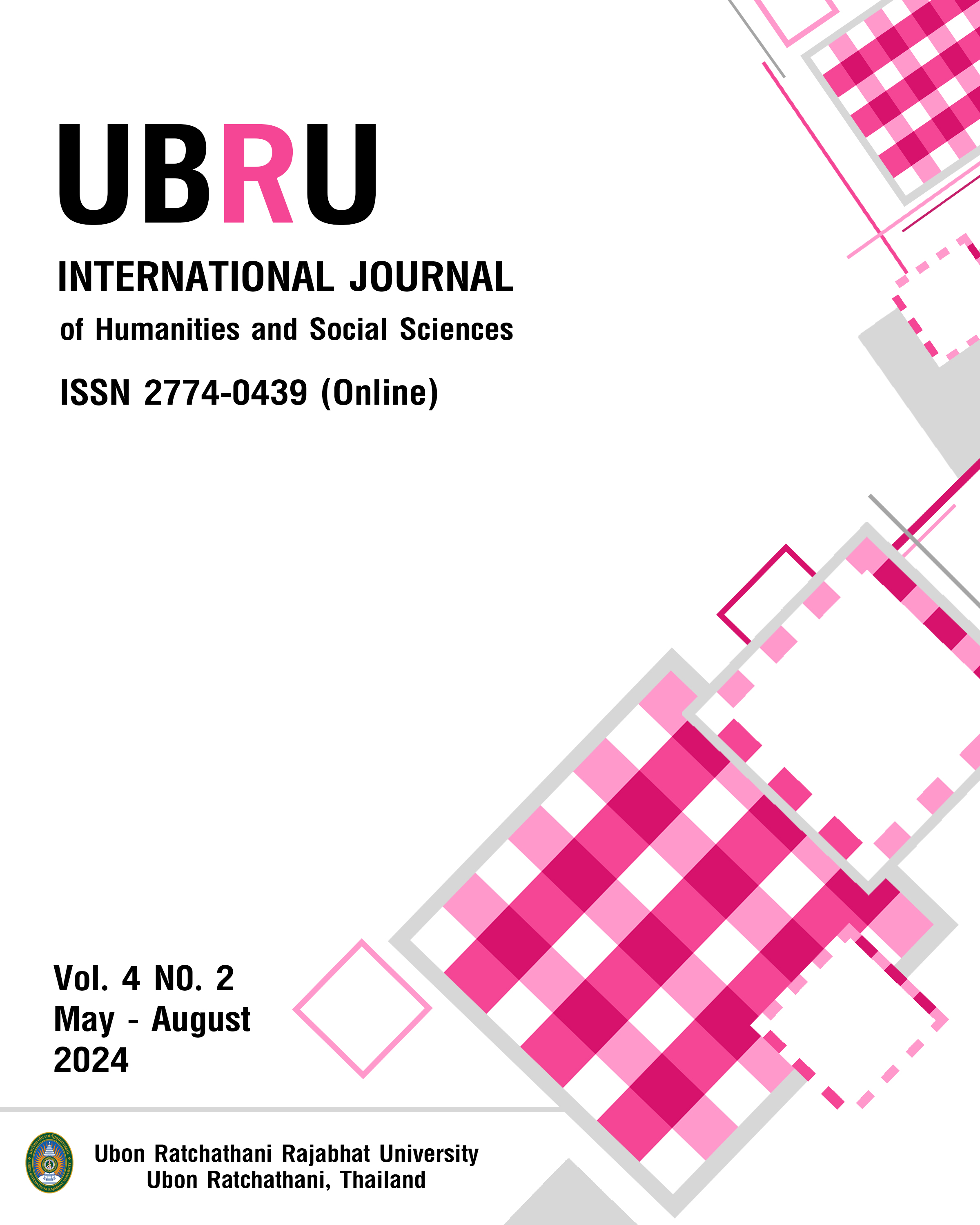A Study on The Impact of Management Innovation on Business Performance: The moderating effect of Business Strategy
Main Article Content
Abstract
This study examines the relationship between managerial innovation, corporate strategy, and firm performance, particularly as Chinese firms cope with the rapidly changing digital economy environment. By using models and tools such as SPSS, AMOS, and the Boston Growth Matrix, the study analyzes the interrelationships among different variables, focusing on the interactions among managerial innovation (MI), business strategy (BS), and business performance (BP).
The main objectives of the study include:1. to understand how management innovation can help firms develop and gain competitive advantage under different types of strategies.
- analyzing the moderating role of business strategy between management innovation and business performance.3. to explore the impact of five different strategy types on the relationship between management innovation and firm performance.
The results of the study show that management innovation has a positive impact on firm performance; that corporate strategy significantly moderates the impact of management innovation on firm performance; and that five strategic organizational forms (defensive, exploratory, analytical, reactive, and entrepreneurial) have different degrees of influence on the relationship between management innovation and firm performance. The Boston Growth Matrix is used as a theoretical basis for assessing how firms reallocate resources and for evaluating strategic decisions.
The study also provides recommendations for business managers, industry regulators and the government, including: managers should restructure their offline business models, create strategies that parallel online and offline operations, and integrate emerging technologies to improve efficiency; regulators need to promote external managerial innovation and assist SMEs in forming an internal innovation cycle; and the government needs to encourage the integration of the online and offline economy and monitor the truthfulness of corporate disclosures. The limitation of the study is that the data are mainly from service-oriented firms in China, and it is recommended that future research be extended to other industries and regions, as well as exploring in depth the impact of dynamic changes on managerial innovation and firm performance.
Article Details
References
Birkinshaw, J., Hamel, G., & Mol, M. J. (2008). Management innovation. Academy of Management Review, 33(4), 825-845.
Camison, C., & Villar-Lopez, A. (2014). Organizational innovation as an enabler of technological innovation capabilities and firm performance. Journal of Business Research, 67(1), 2891-2902.
Cerne, M., Jaklic, M., & Skerlavaj, M. (2013). Decoupling management and technological innovations: Resolving the individualism–collectivism controversy. Journal of International Management, 19(2), 103-117.
Damanpour, F., & Aravind, D. (2012). Managerial innovation: Conceptions, processes, and antecedents. Management and Organization Review, 8(2), 423-454.
Damanpour, F., Walker, R. M., & Avellaneda, C. N. (2009). Combinative effects of innovation types and organizational performance: A longitudinal study of service organizations. Journal of Management Studies, 46(4), 650-675.
Heij, C. V., Volberda, H. W., Van den Bosch, F. A., & Hollen, R. M. (2020). How to leverage the impact of R&D on product innovation? The moderating effect of management innovation. R&D Management, 50(2), 277-294.
Mol, M. J., & Birkinshaw, J. (2009). The sources of management innovation: When firms introduce new management practices. Journal of Business Research, 62(12), 1269-1280.


